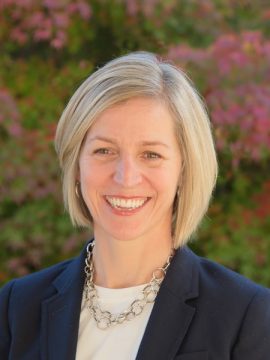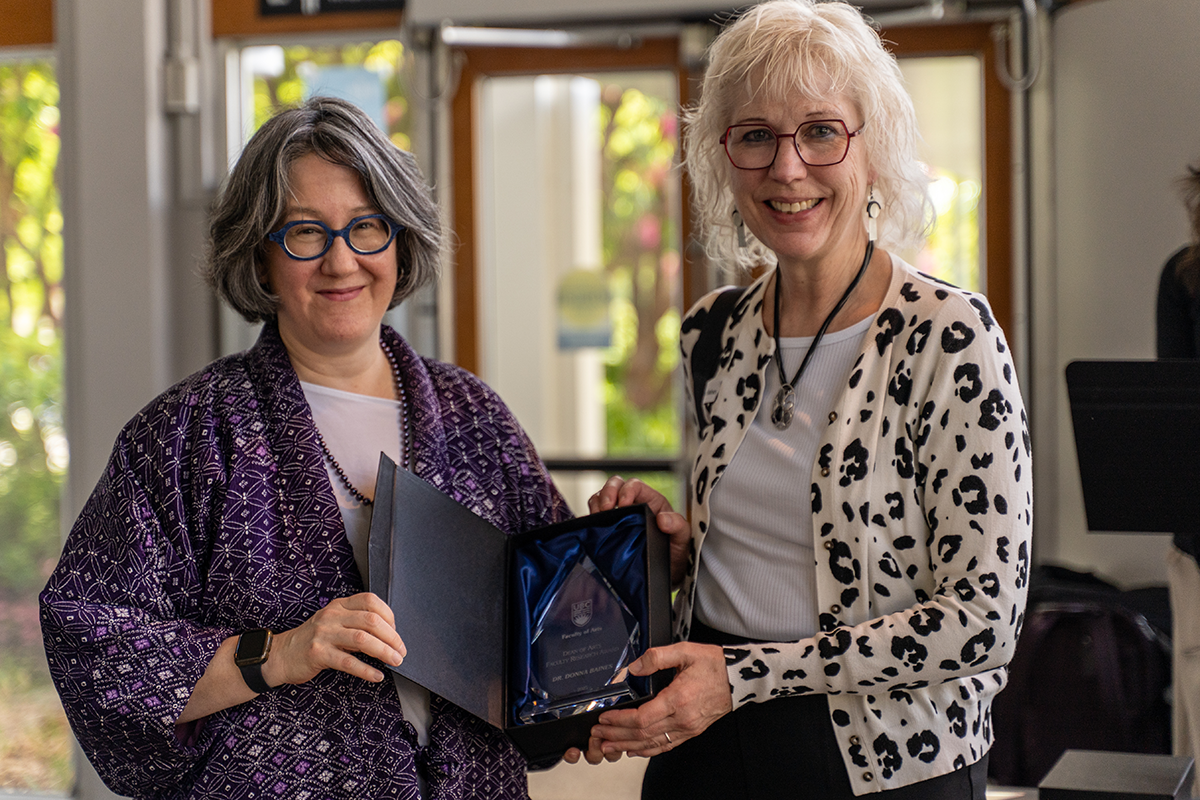Submission to The Social Lens: A Social Work Action Blog, by Gail Baikie, MSW, PhD Candidate, Dalhousie University
Before entering academia in 2002, for fifteen years I practiced social work as an Indigenous social worker. I mainly worked on Indigenous issues in northern and Atlantic Canada. One reason I came to academia was for the opportunity to make sense of my experiences as an Indigenous social worker. Through study, dialogue and contemplation I came to understand that colonization is an ongoing materialistic and ideological event that has created borderland practice contexts. These borderlands exist in-between Indigenous and Euro-Western worlds and worldviews. As an Indigenous social worker, I continuously had to navigate the unequal and unethical relations inherent within this positioning given the domination of Euro-Western structures and perspectives. Given that Indigenous social workers are also socialized within Euro-western ideologies and are compelled to work with and within colonial institutions, I have come to understand and to theorize that our micro praxes within these spaces can contribute to reifying colonial institutions and perspectives. However, our day-to-day interactions can also be decolonizing or even can be both colonizing and decolonizing at the same time.
For my PhD research, I decided to investigate Indigenous social work praxes in-between worlds and worldviews. I dialogued with six Indigenous social workers and concluded the following regarding their borderland praxes. These social workers animate their professional existence as Indigenous social workers. In other words, they have particular professional identities, perspectives, values, skills and practices that derive from their Indigenous identities, experiences and knowledges. They maintain an ethical obligation to both the wellbeing of their clients and the overall interests of Indigenous peoples. The Indigenous social workers I dialogued with are doing much to Indigenize and decolonize their social work praxes and practice contexts through their everyday interactions within the borderlands. However, these Indigenous social workers carry the colonial burden of identifying, resisting and challenging colonial hegemony and social structures that are asserted and reinforced in these interactions. The Indigenous social workers I interviewed clearly had the capacity to critically reflect. In other words, to varying degrees they were mindfully aware of the colonizing influences inherent within the borderland events and the impacts on Indigenous peoples, intentionally drew on Indigenous and Euro-western knowledges to respond, often creatively and strategically in a manner that challenged the colonial forces and inserted the Indigeneity into the space. However, they faced very real and powerful colonial constraints.
The Indigenous social workers who participated in my research practice a form and type of social work, Indigenizing and decolonizing social work, that for the most part is unrecognized by social work education and professional institutions. They are engaged in a tremendous amount of unrecognized and unsupported praxes labour as they maintain cultural integrity, uphold the interests of Indigenous peoples, and resist and challenge colonialism. Social work education and professional institutions need to recognize Indigenous social worker praxes and the borderland contexts and assist both Indigenous and non-Indigenous social workers to interact in these spaces in an ethical way. Much can be learned from the experiences of Indigenous social workers in the field and this knowledge can be shared in a manner that informs students and practitioners through social work education and training opportunities.
THE SOCIAL LENS: A SOCIAL WORK ACTION BLOG - The views and opinions expressed in this blog are solely those of the original author(s) and do not express the views of the UBC School of Social Work and/or the other contributors to the blog. The blog aims to uphold the School's values and mission.


